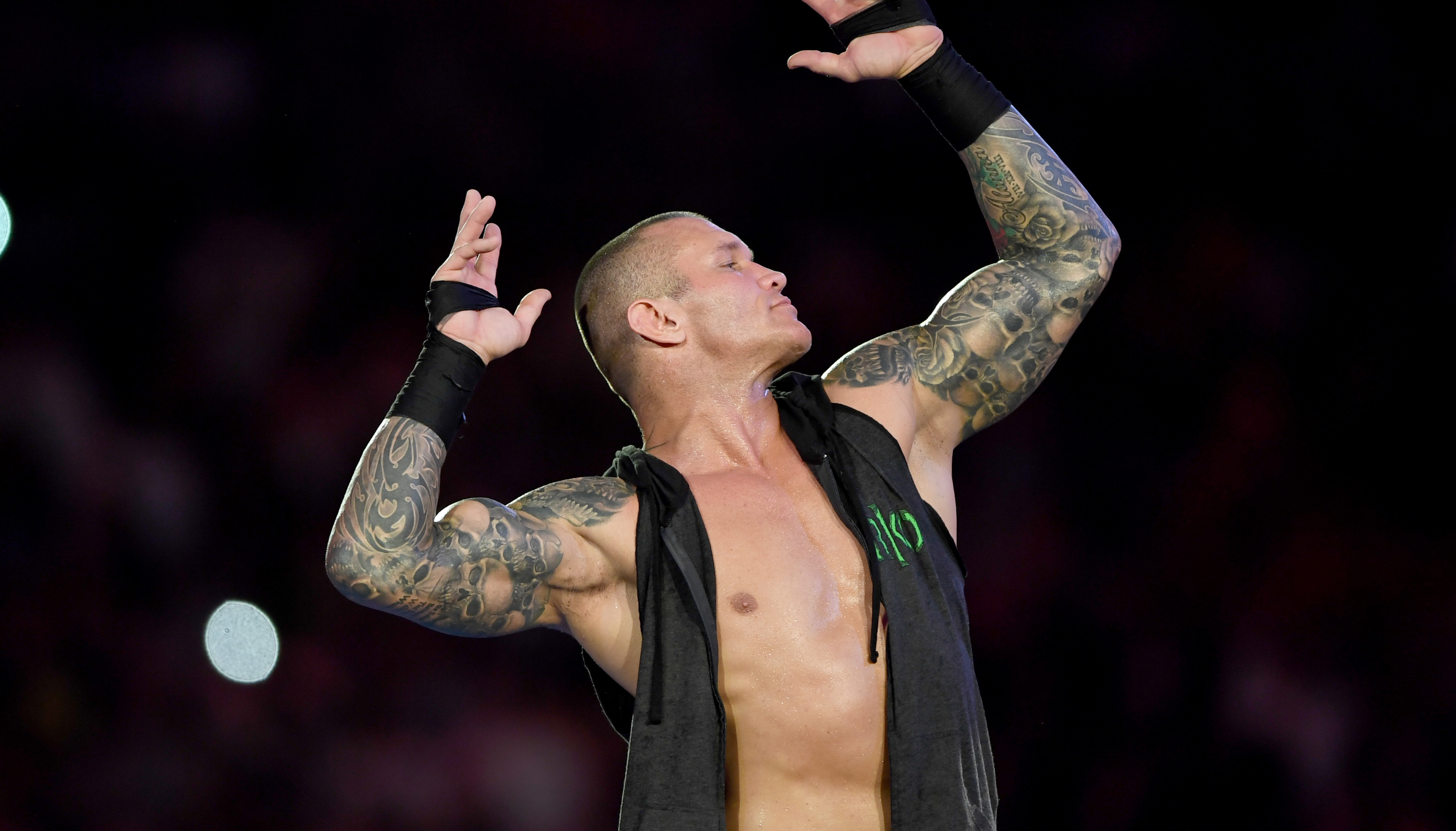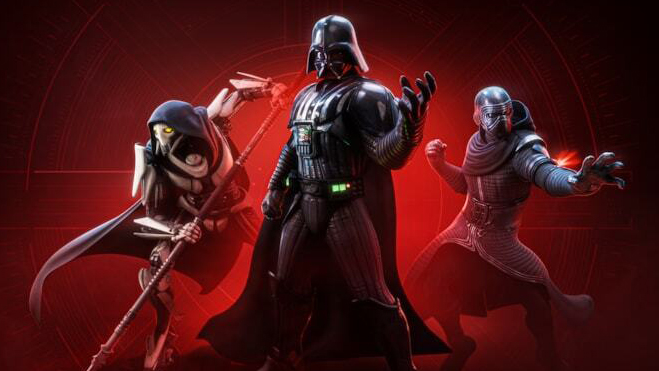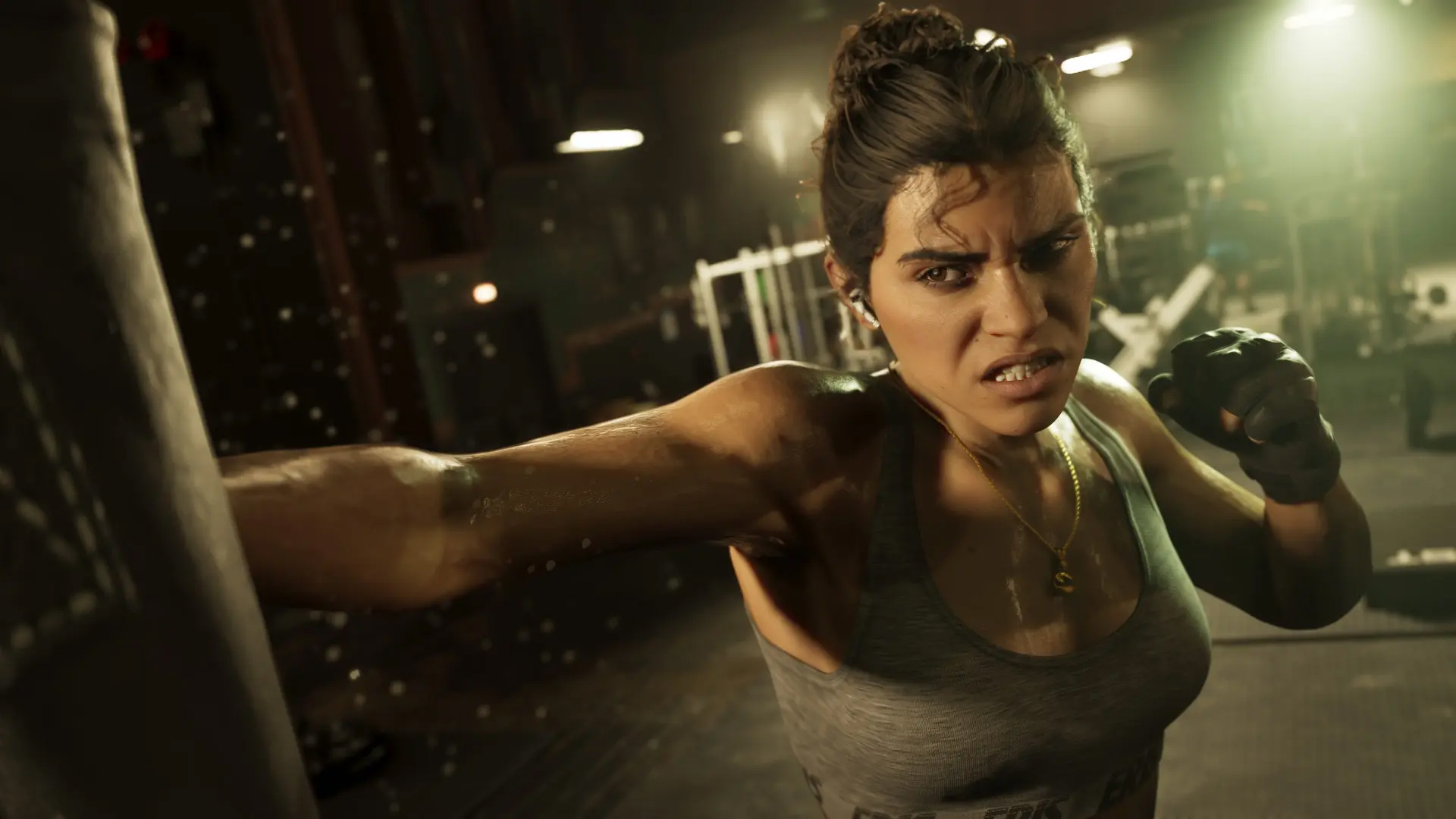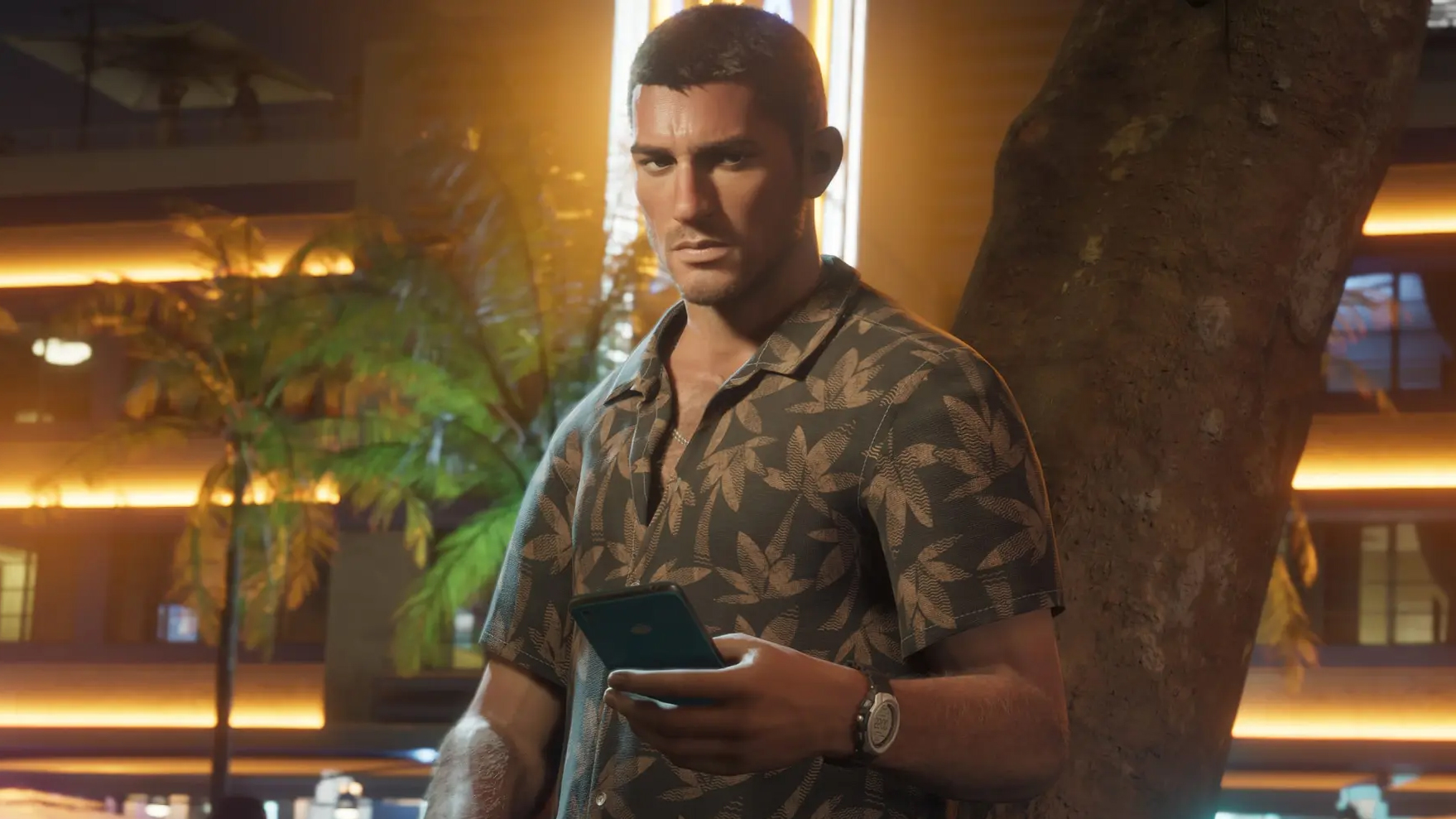
Take-Two Interactive has been ordered to pay damages to a tattoo artist who created the Viper's distinctive work.
An unusual lawsuit between tattoo artist Catherine Alexander and Take-Two Interactive has concluded with a victory for Alexander, who argued successfully that WWE 2K16, WWE 2K17 and WWE 2K18 reproduced her work without her permission.
The roots of the case go way back to 2009, when Alexander attempted to negotiate a licensing deal with game publisher Take-Two Interactive for the tattoos she’d inked on pro wrestler Randy Orton between 2002 and 2008. Take-Two rejected the proposal, but offered her $450 for the right to use the images; she refused, but Take-Two went ahead and used them anyway.
Alexander pursued the matter in court, winning a small victory in 2020 when a judge rejected a request for a summary judgment in Take-Two’s favor and instead ruled that the publisher and WWE did in fact copy her work, and that she may have suffered damages as a result. The judge in the case declared that “authenticity” is a major selling point for the WWE games, and that “WWE would have rejected Orton’s videogame persona if it appeared without his tattoos or appeared with tattoos that were different than Orton’s actual tattoos.”
In a ruling issued on September 30 (via VGC), the US District Court for the Southern District of Illinois came down firmly in Alexander’s favor, although for a relatively small amount. The appearance of the tattoos in the game do not qualify as fair use, according to the ruling, which awarded $3,750 to Alexander. The amount wasn’t greater because the court found that none of the profits earned by sales of the game could be attributed to the presence of the tattoos.
Still, while the award is relatively paltry, it could compel other game publishers to take licensing negotiations with other tattoo artists more seriously in the future. (And, likewise, could convince tattoo artists to more aggressively pursue such deals, too.)
(Image credit: Take-Two Interactive)
This isn’t the first time that Take-Two has been sued over tattoos in its videogames. In 2016 it was sued by Solid Oak Sketches over work that appeared on Lebron James, Kenyon Martin, and Eric Bledsoe in the NBA 2K games. But in that case, as noted by The Hollywood Reporter, it won, because the players had granted a license to use their likeness to the NBA, which in turn licensed them to Take-Two.






